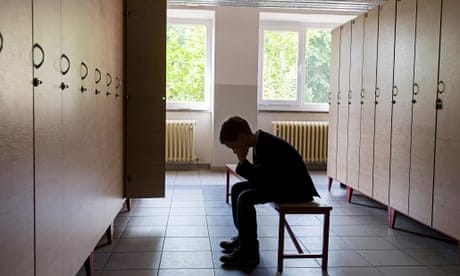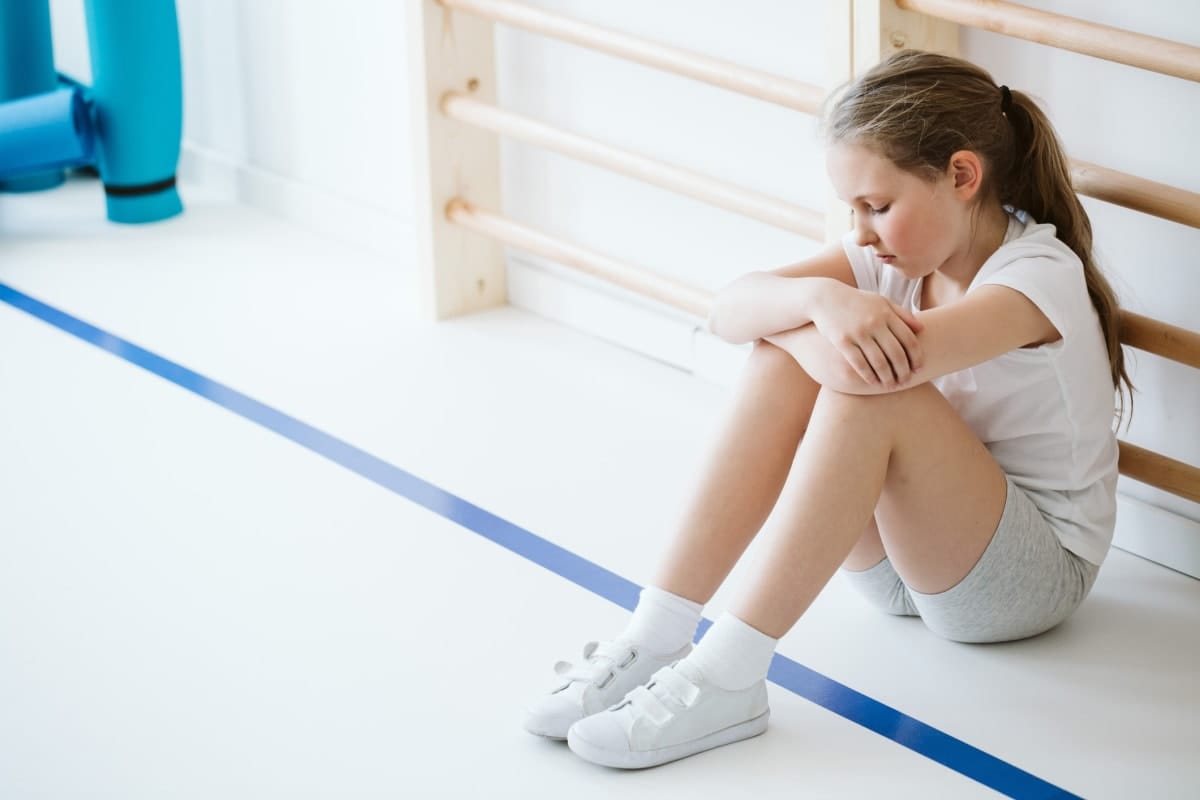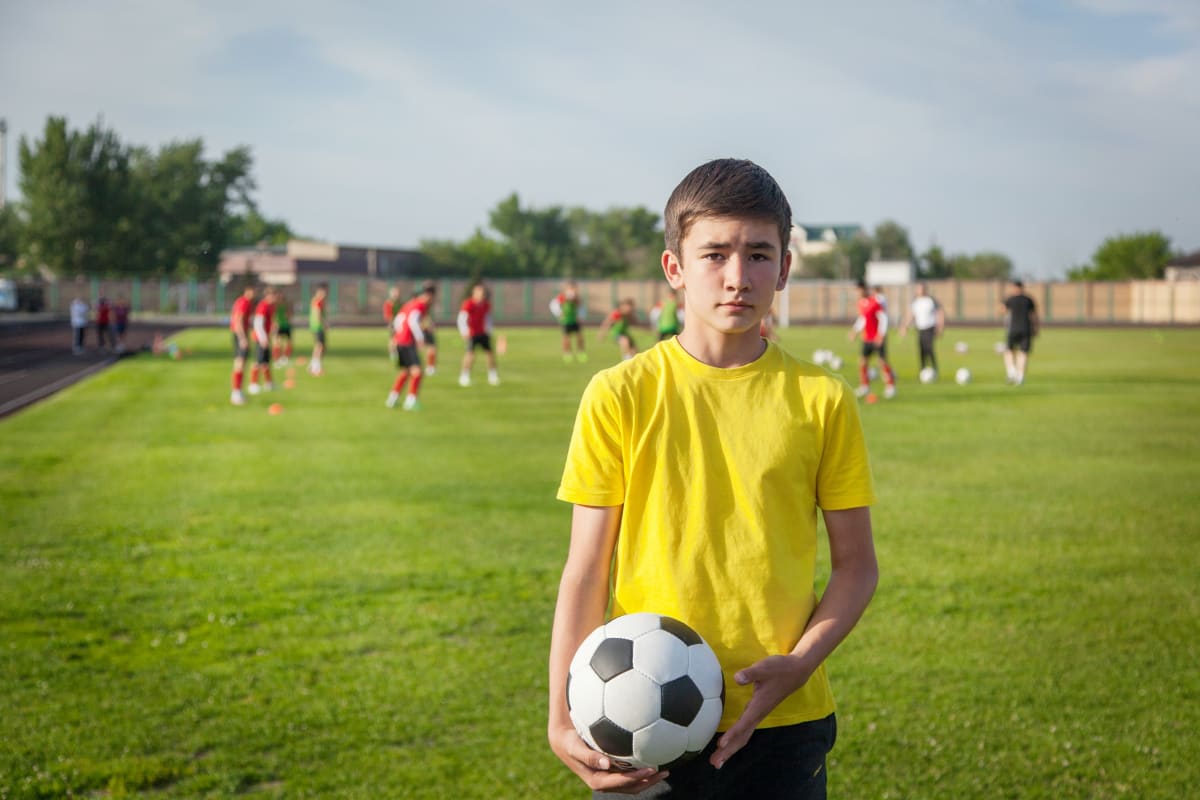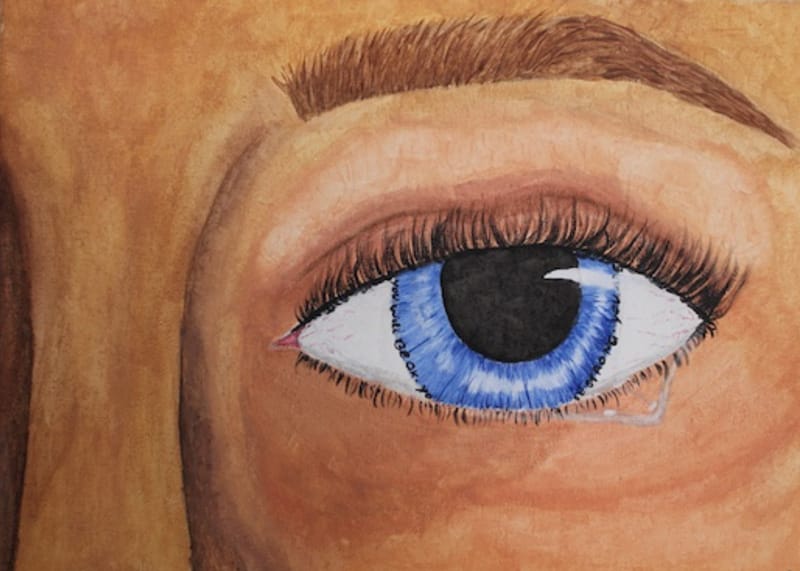
Children can gain many important benefits from playing a sport. However, researchers have also found many of these benefits can only be gained if children have positive experiences.
Unfortunately, right now, many young people are experiencing abuse, discrimination, and harassment in sport settings.
A study published this week of more than 800 Australians who participated in dozens of different sports reported 66% had experienced physical violence in youth sport, and 38% had experienced sexual violence.
These findings are remarkably similar to research released last year, which examined data from more than 10,000 sport participants in the UK, Germany, and other European countries.

The problem is further illustrated by a study we published this week, which found 60% of teenage male rugby union players had recently (in the past two weeks) used harmful homophobic slurs such as “fag” towards a teammate.
Experiencing these types of negative behaviours can eliminate the benefits children gain from playing sports, and cause them long-term harm. This is particularly true for marginalised youth, such as LGBTQ+ children, because homophobic language increases their already high risk of suicide.
Lack of regulation
In Australia, Canada, the UK, and other Western countries, there are no government agencies regularly monitoring community sports clubs to ensure children are safe. This is in stark contrast to how childcare centres and schools are closely monitored and regulated.
Sport is allowed to regulate itself. This bizarre double-standard continues despite repeated failures by sports organisations to protect children from physical, sexual, and psychological abuse.
Stories of these failures seem to be ever-present in global news headlines.
In the US, Olympian Simone Biles gave “harrowing” evidence of sexual abuse in gymnastics; in the UK, the senior leadership of Welsh rugby recently resigned following allegations of systemic racism, sexism, and homophobia; and late last year, the entire leadership of Hockey Canada resigned following multiple allegations of young hockey players engaging in sexual violence, racism, sexism, and homophobia.
Response from government
The seemingly endless stories of abuse in sport have caught the attention of senior government officials in Australia.
Australia’s Minister for Sport, Anika Wells, recently wrote that she accepted that the problems in sport were “systemic” and “grotesque”, and the stories she was hearing of harm to children were “appalling, shocking, damning (and) frequent”.
Remarkably, Australia’s sports minister admitted that she was “... yet to find anyone who can assure me our sporting institutions are safe”.
While she has announced the creation of a federal “Safety in Sport” division, the problem is that it will have no legislative power to regulate local sports.
Why? The delivery of sport and child safety are the responsibilities of state and local governments.
The situation is similar in Canada, where abuse scandals have emerged in multiple sports.
https://t.co/HWpMnrMkRg— Stealie Dan (@Dan_Alper) February 6, 2023
Canada’s Minister of Sport, Pascale St-Onge, said hundreds of athletes have shared “horrible” stories with her in recent months of abuse and maltreatment at all levels by peers, coaches, and teachers.
She continued:
“We tell children to play sports and do physical activity – you’re going to build your skills – and then we hear these stories about how it destroyed some people’s lives instead of making it better.”
Like her counterpart in Australia, she has pledged to bolster a national body to investigate complaints, but admitted it will have no legislative authority to fix the problem in children’s sport settings.
Like Australia, sport delivery and child protection are provincial and local responsibilities.
St-Onge said all she could do was ask provincial leaders “what their progress is, where they’re going, what their timeline is”, and tell them that change “needs to happen as quickly as possible … We’re hearing these stories of abuse and maltreatment at all levels. It shouldn’t be a jurisdictional issue.”
Urgent need for local councils to act
Despite the limited powers of the national sport ministers to drive change, they continue to be the focus of lobbying by athletes, the public, and the media. This needs to change.
It’s important to begin demanding action and accountability from politicians who can actually fix this problem, which means shifting the focus to our state/provincial and local leaders, particularly after an Australian royal commission identified local mayors and councillors as the politicians who can drive the most change.

Local councils often own or control the facilities where sport is played by children, and they’re a major funder of local sport. They can use conditions on facility access and funding as regulatory levers to drive meaningful change. In addition, local councils have extensive experience in day-to-day regulation and enforcement (for example, parking, events, building construction).
The royal commission has recommended that local councils be given additional funding to hire “safe sport officers” using a model similar to Canada. These officers could initially focus on supporting and educating the volunteers who run sports clubs to help them comply with child safety laws. However, longer-term, their role could shift to focus on compliance (for example, audits, fines, restrictions).
There’s now extensive evidence that children are being harmed by discrimination, harassment, and abuse in sport. It’s clearly unacceptable that we continue to allow sport to regulate itself.
Local governments must urgently start taking responsibility for regulation, and your mayor and local city councillor should be held accountable for failing to ensure children are safe to play sports in their facilities.





